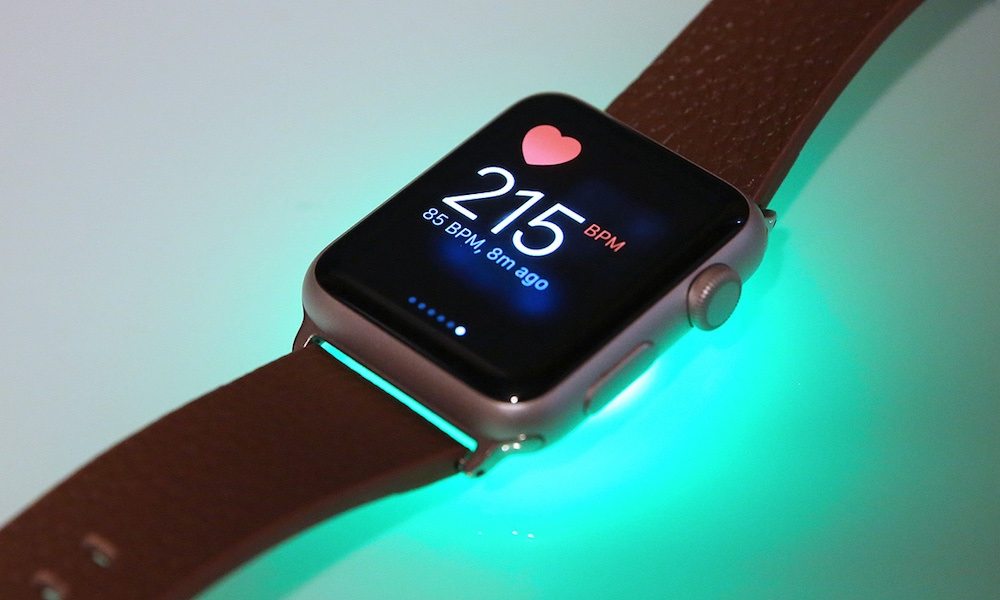Apple Watch Provides Vital Evidence in Australian Murder Investigation
 Credit: 9to5Mac
Credit: 9to5Mac
Toggle Dark Mode
Data from an Apple Watch may have proved vital in an Australian murder case this month, according to local media.
Caroline Nilsson, 27, was arrested earlier this month and charged with murdering her mother-in-law, Myrna Nilsson, in September 2016. Myrna was found dead in the laundry room of her home, ABC News reported.
Caroline previously told investigators that two “mystery home invaders” had broken into their Adelaide, Australia home and killed her 57-year-old relative. She said the two men had followed Myrna Nilsson home and spent 20 minutes arguing with her outside.
Caroline Nilsson added that she failed to hear the fatal attack because was was in the kitchen, and claimed that the attackers soon found her and tied her up.
But heart monitoring data collected via the Apple Watch worn by the deceased is contradicting Caroline Nilsson’s version of the event.

The Apple Watch data reportedly pin-points Myrna Nilsson’s struggle with her killer, and the exact time that her heartbeat ceased. Activity consistent with her body going into shock and losing consciousness was also recorded, according to ABC News.
While Caroline Nilsson told police that she went for help immediately, the Apple Watch data suggests more than three hours had passed between when her mother-in-law died and when she alerted neighbors.
Prosecutors allege that Caroline Nilsson spent that time cleaning herself up, disposing of evidence, and fabricating the home invasion — including binding her own face and hands before running into the street.
Investigators also failed to find any foreign DNA within the home that might have suggested a struggle, or that anyone else was present. A neighbor who had returned home around the time of the alleged attack also said that they did not see any signs of an argument or struggle.
A local magistrate told Caroline that the case against her was too strong, and that her alleged attempts at concealing evidence highlighted her as a flight risk, 9News reported. The accused will return to court in June, according to local media.
This isn’t the first time that data from a wearable has proven to be key evidence in a murder case. Last April, a Connecticut man was charged with murdering his wife after her Fitbit had contradicted his version of events.






